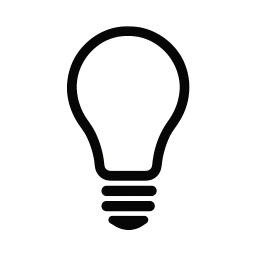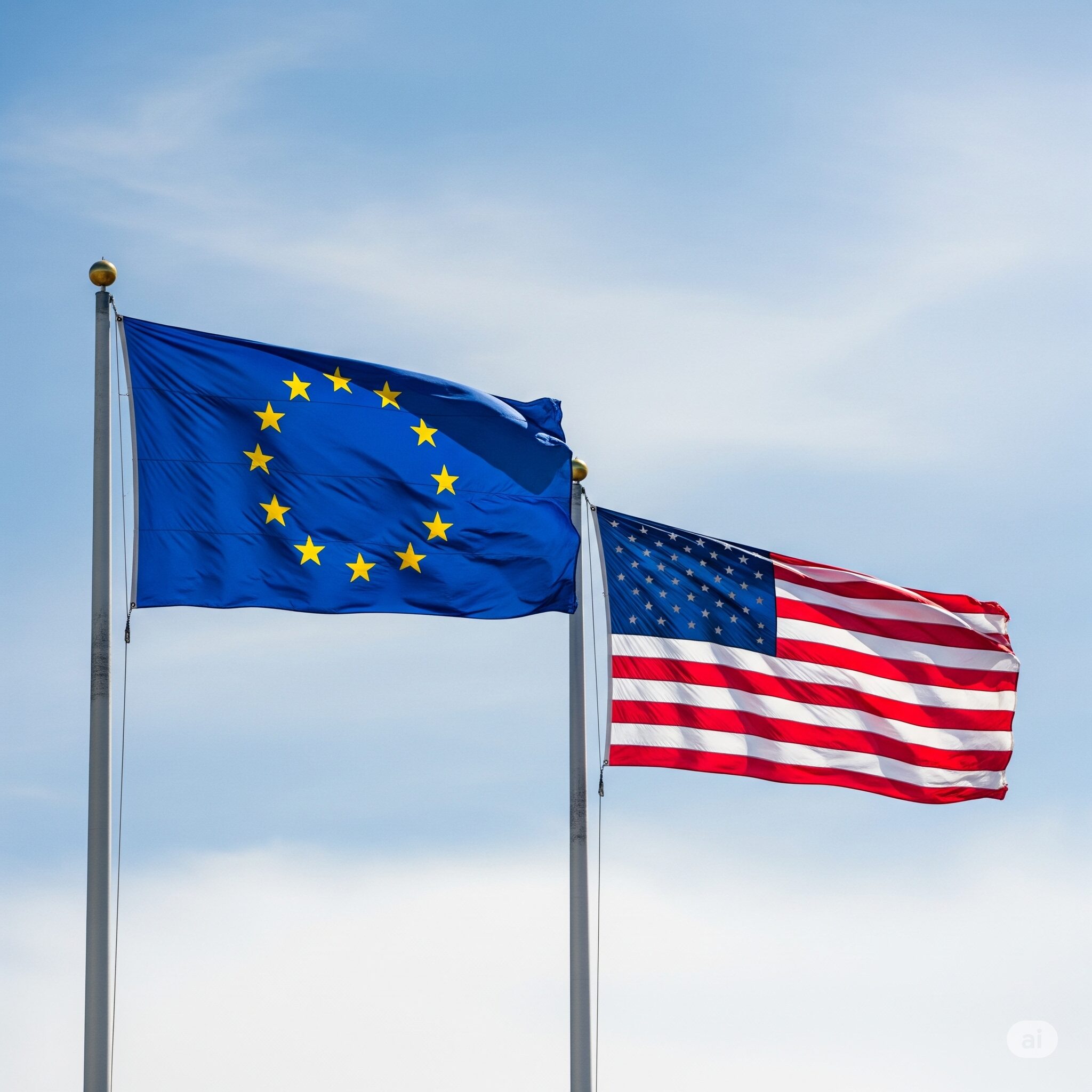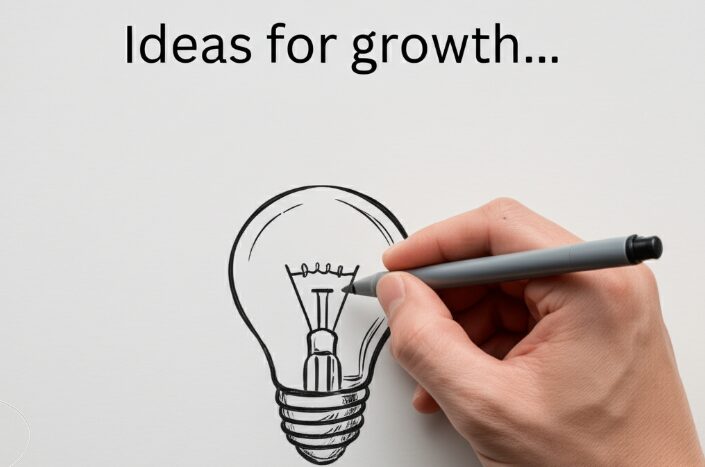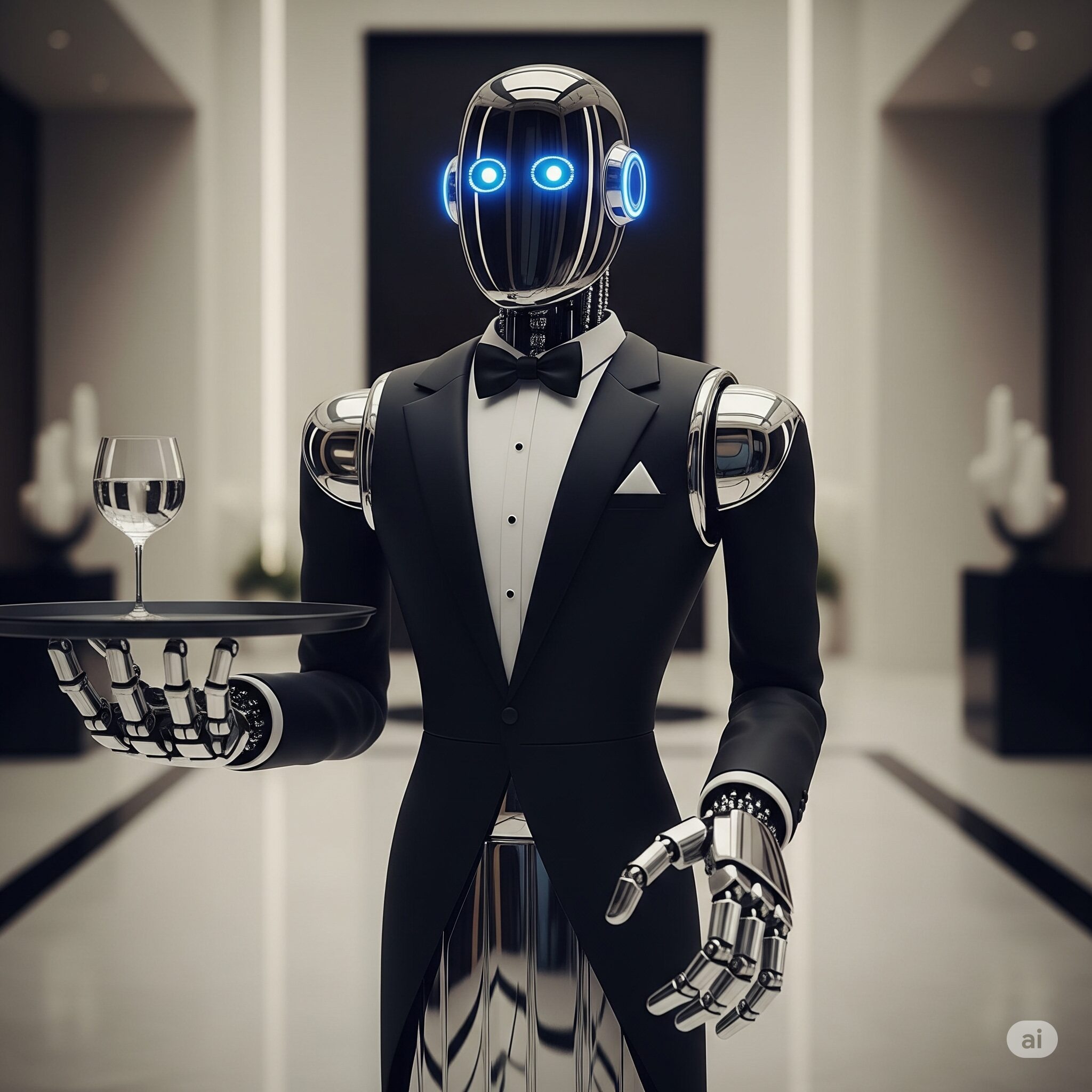The musical Apocalypse is upon us.
You’ve probably heard the horror stories: a YouTuber’s video gets demonetized, or worse, slapped with a copyright strike, for using “royalty-free” music. But what if the music wasn’t stolen, wasn’t sampled, wasn’t even human-made? What if it was AI-generated, and the claim came from someone who paid $30 and clicked a few buttons to game the system? This is the nightmare Cameron Gorham, aka Venus Theory, stumbled into, and it’s a wake-up call for anyone making music, videos, or art in the digital age. His latest video, “AI Copyright Claimed My Last Video”, rips the lid off a looming crisis: AI-generated content is turning copyright into a weapon, and creators are the ones getting burned.
Cameron, a musician and sound designer who’s worked with everyone from big brands to indie dreamers, isn’t new to the copyright rodeo. He’s been through the wringer with YouTube’s Content ID system before—think Waffle House fight clips or royalty-free sample disputes. But this time, it’s personal. He used an AI-generated track from a royalty-free music site, clearly labeled as safe to use, only to have his video yanked offline weeks later with a copyright claim. The kicker? He could replicate the scam himself, claiming his own content in minutes for pocket change. This isn’t a glitch; it’s a feature of a broken system, and it’s about to screw over every creator who doesn’t have a legal team on speed dial.
The core issue is simple but insidious. AI music platforms like Suno churn out tracks trained on vast datasets scraped from the “open internet”—read: your music, my music, anyone’s music online. These platforms don’t always disclose what’s in their data stew, and that’s a problem. As Cameron points out, the Recording Industry Association of America (RIAA) has already fired legal shots at some of these companies, arguing they’re training models on artists’ work without consent. But here’s the rub: even if the AI spits out something “original,” it’s often close enough to existing music to trigger Content ID’s fingerprinting system. And when it does, the original artist or creator using that music gets hit with a claim, while the AI user who uploaded it to a distribution service walks away with the cash.
Cameron tested it. He generated an AI track mimicking his own style, uploaded it to a distribution service, paid a small fee to register it with Content ID, and boom—he claimed his own video. Total time? 15 minutes. Total cost? About $30. No one checked if the track was AI-generated, despite platform policies against it. You just tick a box, lie, and let the system do the rest. YouTube’s response to his dispute? Essentially, “Sucks to be you.” Short of hiring lawyers for a costly legal battle, there’s no recourse. And who has the budget for that? Not most musicians or small YouTubers.
The legal gray zone makes this mess even uglier. In 2023, the US Copyright Office ruled that AI-generated content can’t claim copyright unless there’s “sufficient human authorship.” But what the hell does that mean? Nobody knows, because it hasn’t been tested in court. Meanwhile, platforms like YouTube let anyone upload AI slop to Content ID, turning it into a grift machine. Imagine you’re a musician, and your next song sounds too much like you—but someone else already uploaded an AI knockoff of your style to Content ID. Now you’re the one getting claimed. Or say you’re a YouTuber using “safe” AI music in your vlog. The person who generated it can claim your revenue, and YouTube won’t lift a finger to sort it out.
Information Source: Estimated trends and data based on industry analysis and legal developments up to July 2025.
Cameron mentions a platform offering “robust monetization tools” for AI creators, essentially encouraging this hustle. Worse, some services let you upload a clip of someone’s song to generate a “legally distinct” version, dodging licensing fees for films, games, or ads. It’s a loophole big enough to drive a truck through, and it’s already happening—look at streaming platforms like Audius, where AI tracks imitating artists are a feature, not a bug.
The stakes are existential. If you’re a creator, you’re damned if you use AI music and damned if you don’t. Use it, and you risk a claim from whoever uploaded it first. Avoid it, and you could still get hit if your original work sounds too close to some AI-generated track floating in the Content ID ether. International copyright laws only make it messier—what’s legal in one country might screw you in another. And until courts set precedents, we’re stuck in this Wild West, where the deepest pockets win.
Cameron’s video ends on a grim but defiant note: don’t stop creating. AI companies might be “VC money-laundering schemes” (his words, and let’s be real, probably not far off), but giving up your art over this mess is a one-way ticket to regret. His advice? Keep making music, videos, stories—whatever drives you. Because in the end, you only die once, and you don’t want to look back wishing you’d fought harder for what you love.
So what’s the fix? Right now, there isn’t one. Modernizing copyright laws could help, but that’s a slow grind, and global coordination is a pipe dream. For now, creators are left dodging landmines: double-check any “royalty-free” AI music, maybe stick to your own compositions, and pray your work doesn’t sound too much like something an AI coughed up. Cameron’s experiment shows how easy it is to game the system, and until platforms like YouTube tighten their enforcement or governments catch up, the grift will keep growing. This is a threat to the soul of creativity. Keep making art, but watch your back.
Source: Gorham, Cameron. “AI Copyright Claimed My Last Video”. Venus Theory, YouTube, URL, accessed July 21, 2025.
Title photo generated with AI using a screenshot from the source video.
*Amazon affiliate, I may earn a commission.









Leave a Reply